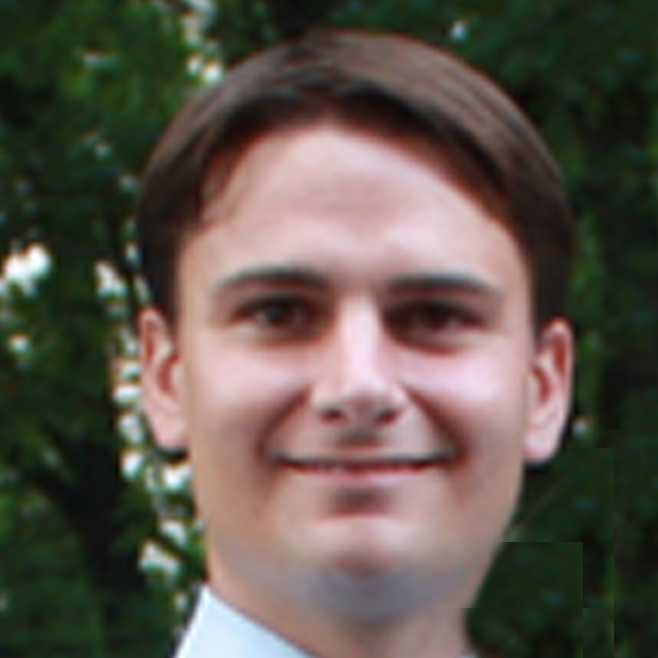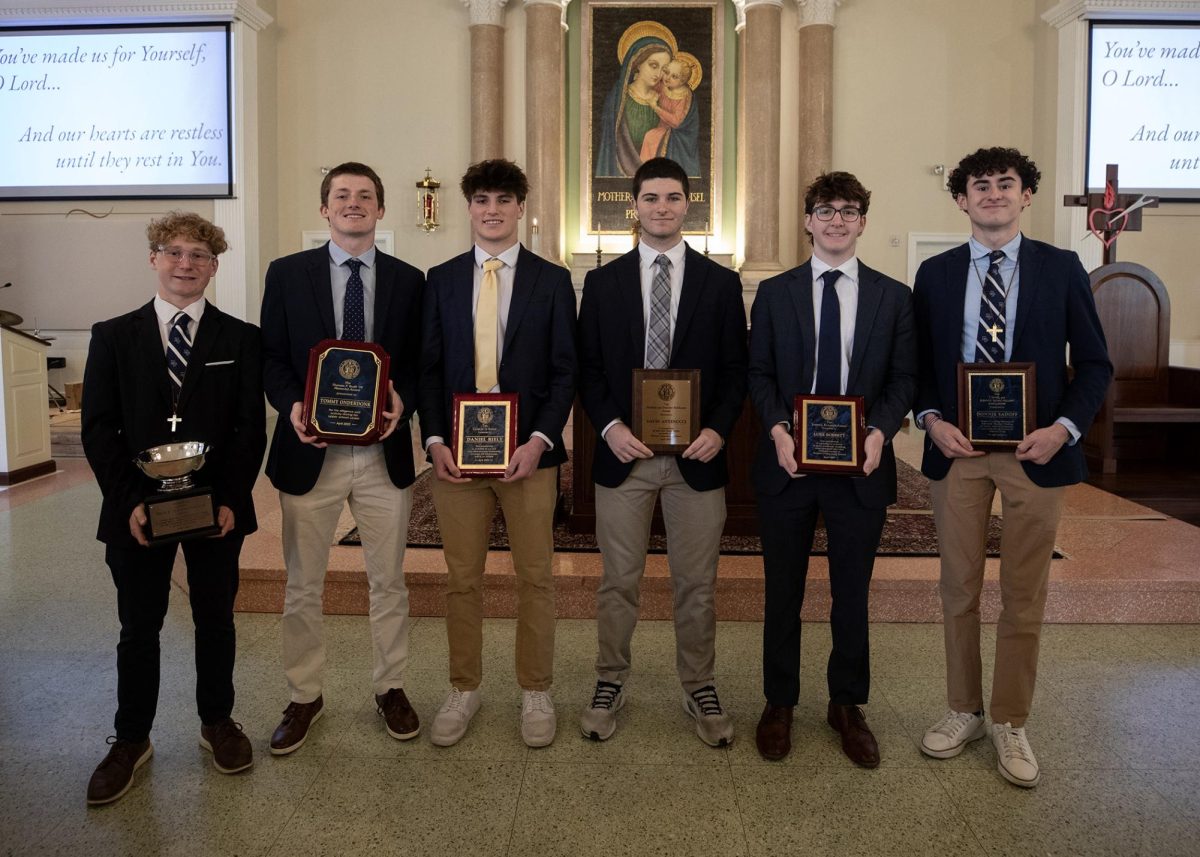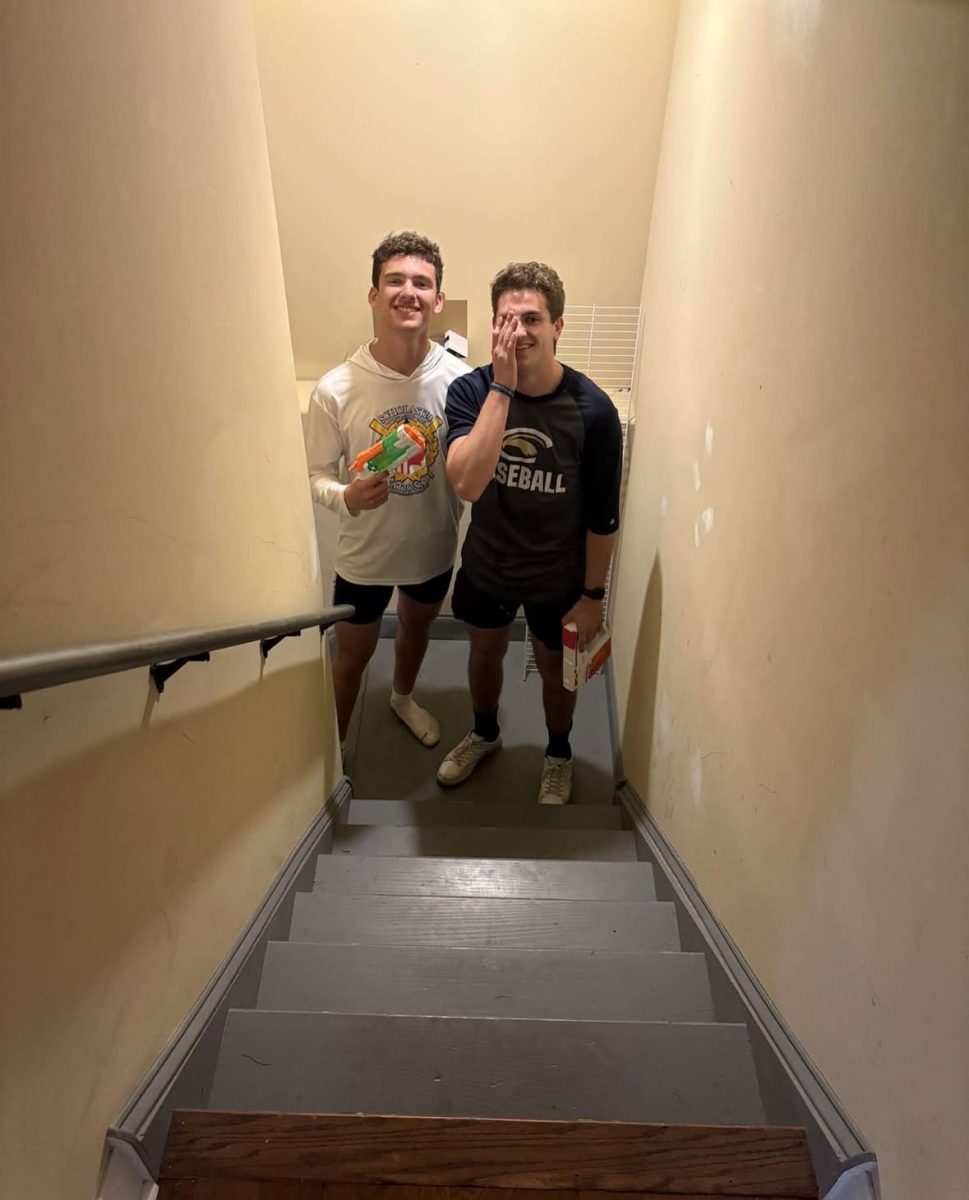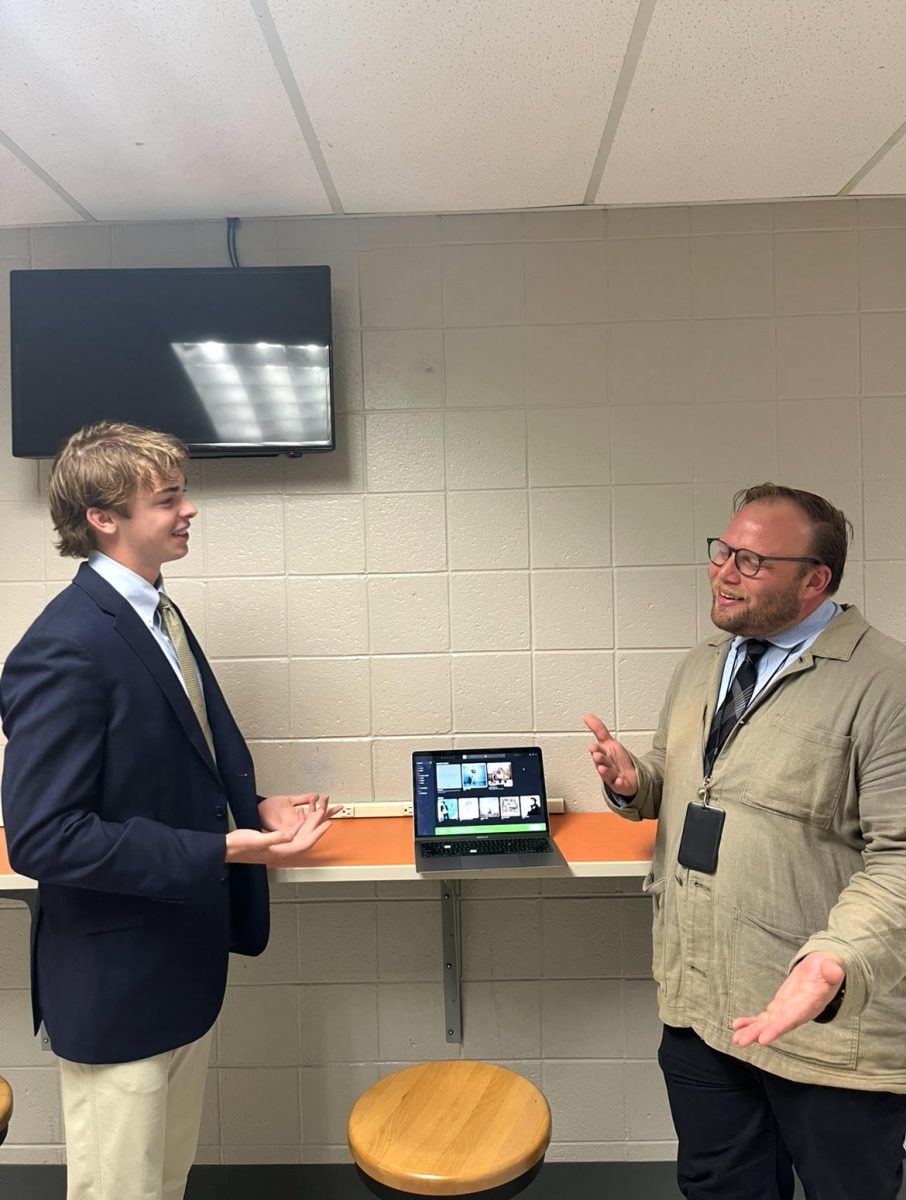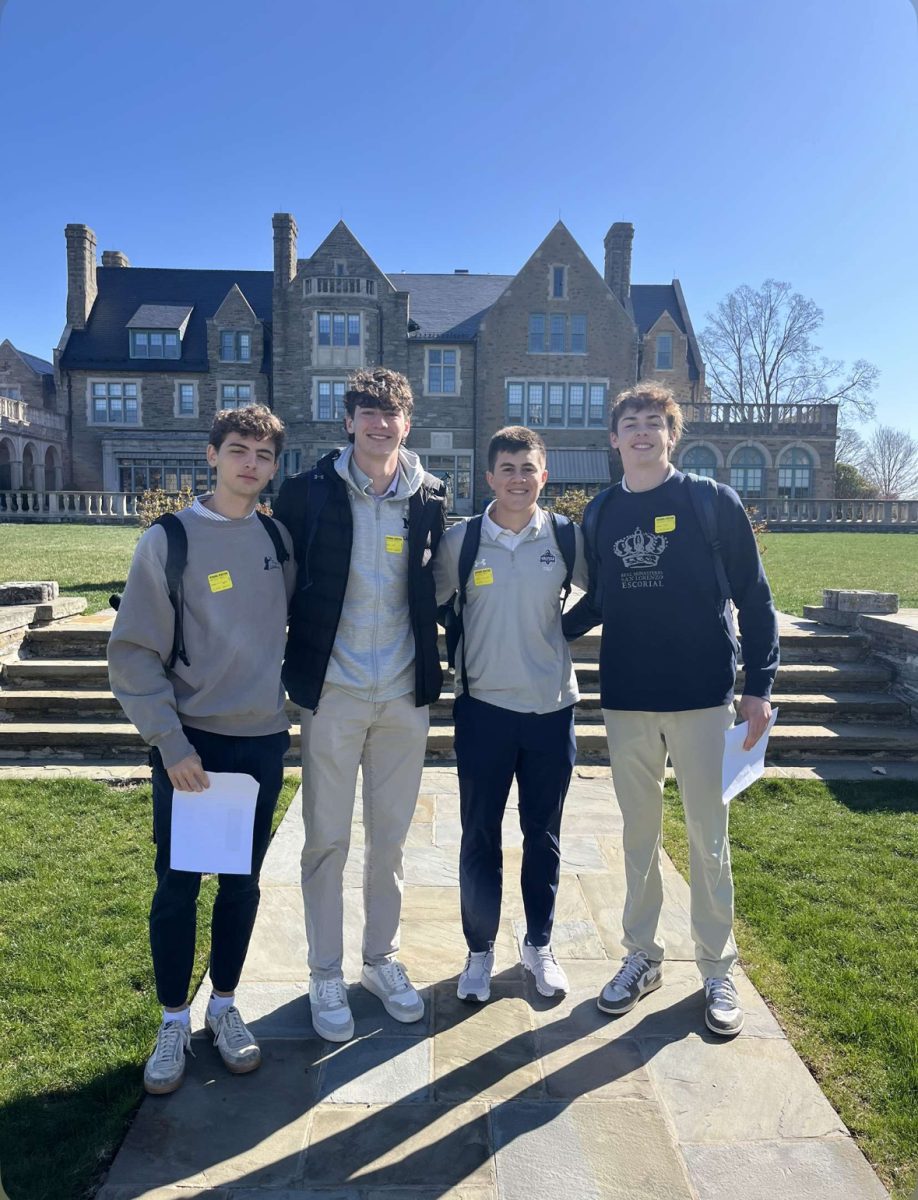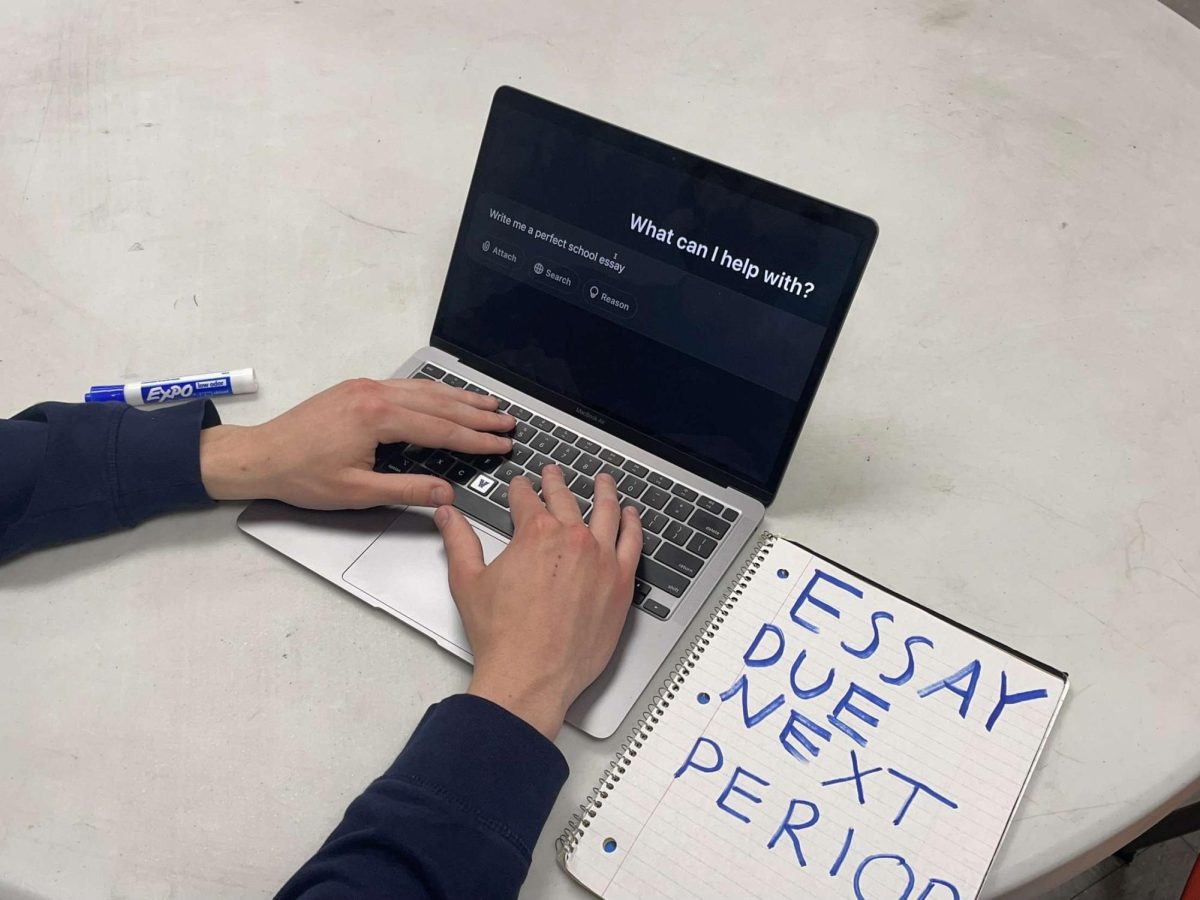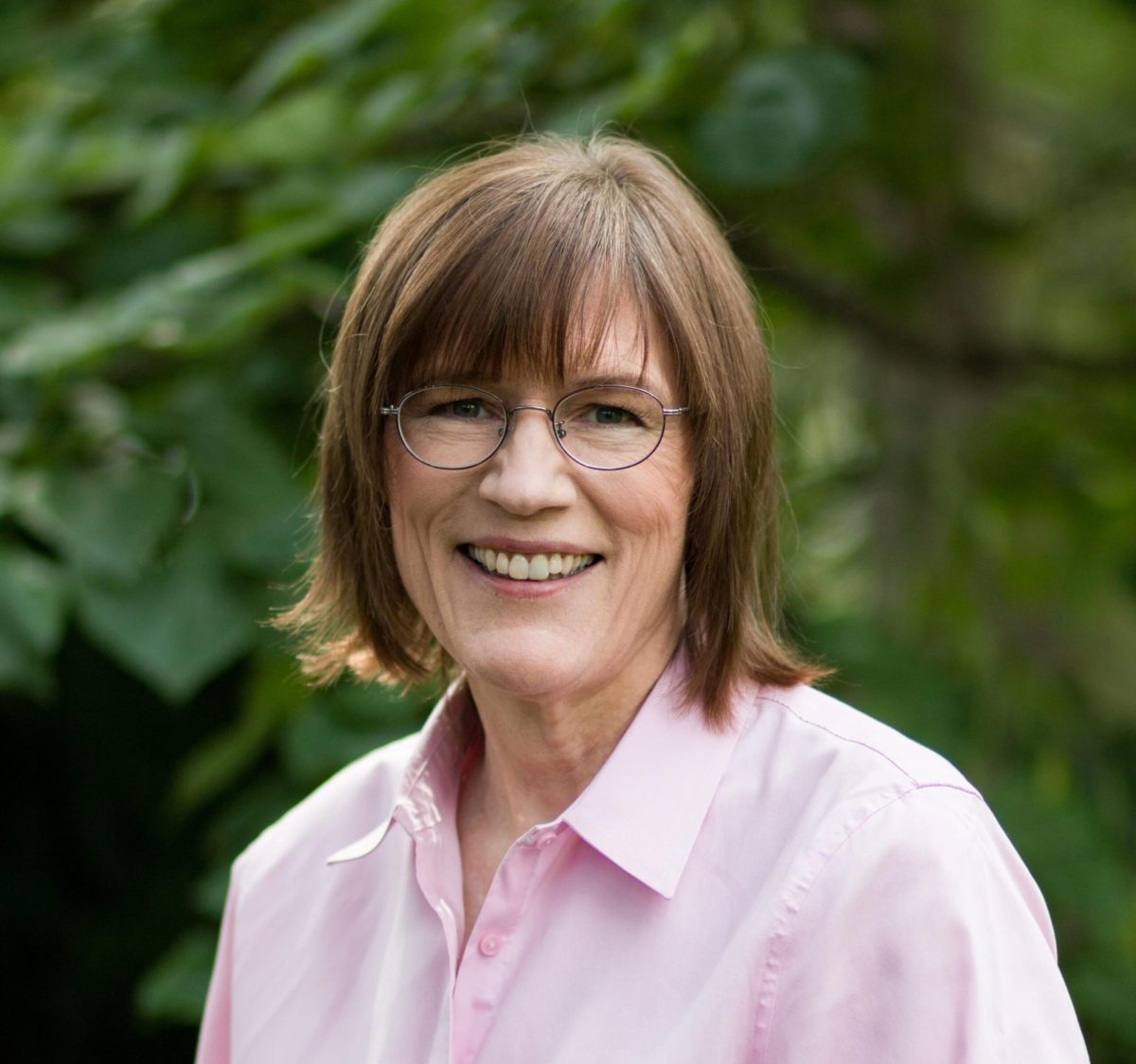 A new faculty member talks about his life, the environment, and his exciting project coming up.
A new faculty member talks about his life, the environment, and his exciting project coming up.
Going to the same institution for every day, five days a week, nine months a year, for three years, one would think he knew all there is to know about the place he attends. Yet, as years go by and by, old friends leave, and fresh, new faces and ideas arrive. Each one of these new faces has his/her own story. This month, I interviewed a fresh, new face to the Malvern community, who certainly has quite a story: Mr. Michael Prosalik. Mr. Prosalik is a first-year teacher at Malvern Prep who currently teaches Environmental Science and ninth grade Honors Biology
AS: How are you liking the Malvern experience?
MP: So far it’s been great! The community here has been wonderful and extremely welcoming. It’s been a really easy changeover, especially because I’m from out-of-state. I’m originally from Albany in Upstate New York, so coming down here was a real transition; however, the Malvern community has been absolutely, overwhelmingly accepting.
AS: New York’s quite a change from the Main Line. Did you grow up in New York?
MP: Yes. I was born and raised in Albany, New York, and this is my first year away from home [so to speak.
AS: Albany’s a far ways away! How did you find out about a job opening at Malvern?
MP: So, how I actually came to Malvern was extremely serendipitous. I was getting ready to leave a job fair, and I happened to overhear, whilst walking by, Mr. Algeo and Mr. Valyo talking about Malvern needing an Environmental Science teacher. We were then introduced, and that was how I initially found out about Malvern Prep. It’s funny though, because my fiance was originally from and grew up in West Chester, so she knew all about the school.
AS: How did you get introduced to Environmental Science? Did you study it in college?
MP: The first degree I got was originally in the going to be in the biological field, even though it initially started off as a biology major at Hudson Valley Community College. I was going in for physical therapy, because at the time, that was what I really wanted to do, and I knew I really wanted to work with people at some point. Then, I transferred my major to an Automotive Engineering program for a couple of years. During that time, I only took one Environmental class, and from there on, I knew that was what I wanted to pursue. I then transferred to Rensselaer Polytechnic Institute in Troy, New York. From there I completed my degree. I then went on to work in construction as a superintendent for a couple of years before returning to get my Master’s in Science Education at Union Graduate College.
AS: What do you believe was the “pulling factor” that drew you to Environmental Science?
MP: The thing that I really loved about environmental science, and still love to this day, is that I am an avid outdoors person. Everywhere I went, especially in the construction and automotive industries, I would see people doing things like discarding of oil by dumping it down drains, or just cutting down trees, and I just always thought to myself, Is this the best thing? That’s the compassion side among so many different aspects of why I love Environmental. But when I look at it from a scientific perspective, so much makes sense! I can see the chemistry around me; I can see the physics around me; I can see all of the sciences coming together in Environmental Science. That is why I love it. It’s such a holistic science.
AS: Now you’ve been here for almost a full year. What do you think has been your favorite thing about Malvern?
MP: Probably my favorite thing about Malvern is discovering the community factor around here. I’m really starting to get involved with all the different clubs, for example, I got a chance to help out the Robotics team this year. I also got a chance to participate in the freshman “backpacking” trip. The fact that I have the opportunity to teach both ninth graders and twelfth graders is really is an amazing thing. I get a chance to see the students as they progress through their different stages at Malvern.
AS: From what you’ve been saying, you’ve definitely been in a variety of different professions. Have you ever taken something you have learned from one of those fields, like construction skills, and applied it to your teaching?
MP: Well, yes! There are a ton of different factors to Environmental. For instance, when I worked as a construction superintendent, I had to do Environmental Safety Training for all of my employees. I could then take some of those pieces, such as the ideas of why we can’t pollute rivers, and use those pieces in a classroom. My last school was actually based right on a river, so I had that piece. Here at Malvern, we have a lot of opportunities. I’m hoping that the pond will be fully restored for next year.
Let it be known that I have never ONCE seen the Black Friar Pond without some any heavy-duty machinery in its immediate proximity since I came here three years ago!
There are definitely a lot of ways in which I’m starting to take things. Some of the projects I have lined up for next year involve electronics and circuitry. When a lot of people think of those topics, the say, “Well, that’s not Environmental!”… But if you can build your own sensors and test environment, why not do that? That’s where I see everything marrying together. Environmental science is not just this “isolated island”; it incorporates all science.
AS: What do you think has been the best thing about teaching?
MP: The best thing has definitely just been the human interaction everyday. I consider myself most beneficial in some ways, in a somewhat guilty sense, because I get all my students’ perspectives. Everyone sees the world a little bit differently than I do, and seeing that and having that reflected back to me is something that keeps things very fresh and very real.
AS: As a new face here at Malvern, is there anything that you’ve viewed here that you really want to see expand and stand out in the future?
MP: I think that, especially with all the changes going on, I’m really hoping to get involved with the “Sustainability Initiative” because I think we are a little behind in that right now; however, I feel there’s a lot of room for growth, and quick growth at that! Especially after seeing the new campus plan, I think we’re moving in a great direction, yet I definitely feel that we have a little catching up to do.
AS: You’ve been in a plethora of different fields, and I’ve seen that a lot of different people have “idols” which they feel exemplify that success in that particular subject. Do you have any particular person in Environmental that you look at and say, “Wow, I want to aspire to what you have accomplished?”
MP: You know, I admire someone who, to me, is almost fictional. His name is John Muir. He definitely has had a big influence on me. His influence continues to grow as I read more and more about his works and experiences with the environment and the “original” Environmental Movement. In terms of a living person, I had a professor at Rensselaer that I’ve formed a really close bond with. She’s been extremely influential with my continuing to seek out opportunities in the field, like the one I’m going on this summer.
AS: Can you tell me a little more about that experience, because I hear you have a grant to go and do some…science stuff somewhere in…
At this point, I had completely forgotten about this summer experience, which was one of the main reasons we picked Mr. Prosalik to be the Faculty of the Issue in the first place! For almost 30 seconds, I desperately struggled to extract any possible vocabulary which could go into any possible order and still make any possible sense. After almost 45 seconds of “blooper-reel” reporting, Mr. Prosalik generously bailed me out by saying:
MP: I’ll start out by saying, that I wouldn’t call it a grant. It’s an opportunity in which I will be an Education Officer onboard the research vessel Joyoux Resolution. So, I will be leaving for Tokyo on May 26, and I will be at sea for approximately sixty or sixty-one days – I’d have to look at the log again. During that time, we will be going out and drilling into the sea floor a couple hundred miles off the coast of Japan. The hopes for this is actually to look for plate tectonics and plate tectonic theory. Even though it was formed over eighty years ago, we’re still testing, looking at these hypotheses, and seeing how this all has formed. My role there is to be interfacing globally with other teachers and educators, whether they be at the high school or collegiate level, with summer programs, and with museum programs. I will also be doing live broadcasts from the ship with those facilities. I’ll be working twelve hour days with no time off the entire time I’m on the ship. During those twelve hour days, I will have some broadcasts. I’m in charge with updating social media. I’ll also be helping the scientists perform their research, and trying to understand what they’re researching, and what they’re trying to get out of this as well. I definitely have the best position on the ship!
AS: How did you get this job?
MP: I was actually in a program last year on the Joyous Resolution. It was a ten day workshop in Victoria, British Columbia. It’s an education program for teachers where we actually go out and learn about the entire scientific process – how it happens on the JR. Once I was there, I was kind of infected by this idea that I really want to go out and want to be a part of something, because I just look at things like the ocean, and wonder how we’ve been here so long, yet know so little about the ocean floor. We know more about the moon in some instances than we know about what’s going on under our oceans! So the chance to be a part of that is totally tantalizing to me. I decided that I would apply for this position, and at the behest of one of my mentors and former professors from Rensselaer, I presented at a conference for science teachers in November. It was a week before the deadline was due for the initial application. There was an “essay” application process (describing why, scientifically, I wanted to be there) and then the “interview” process.
AS: Do you ever get the amazing feeling that this project may be something that future Malvern students will be learning about?
MP: Definitely! My hope for next year is to come back and really kick off something that is tied in with this. It’s something that this year, having the shorter scheduling, has not been friendly to, so I’m actually looking forward to next year. I feel that having the longer timeframes will really start to let us flesh out some of projects, and then next year we’ll even be able to host some of the Joyous Resolution projects here in terms of video methods like Skyping.
AS: Is there anything that you would like to say to the Malvern Prep community?
MP: Hmm. I guess I just want to say thank you all for making this year a great one!
Each new face brings its own new story. Whether it be the upcoming freshman class, or the new Environmental Science teacher, everyone contributes to what we have here at Malvern. Malvern is its own environment, a fresh ecosystem and nature through which all of its parts, new faces and old, thrive in knowledge and love. And in the words of John Muir, “There is not a ‘fragment’ in all nature, for every relative fragment of one thing is a full harmonious unit in itself.”


